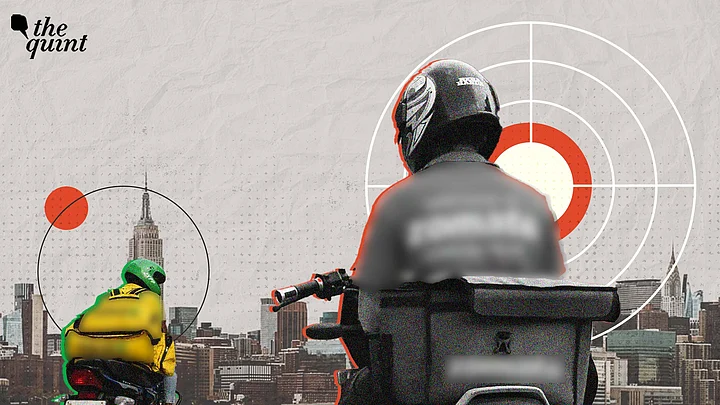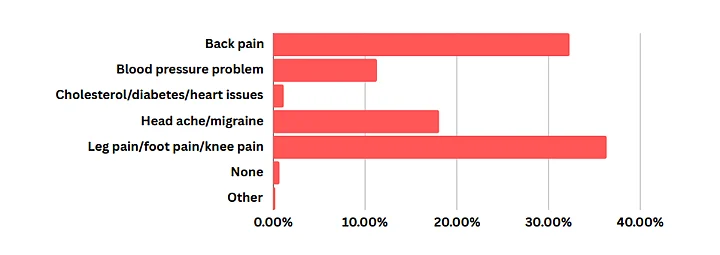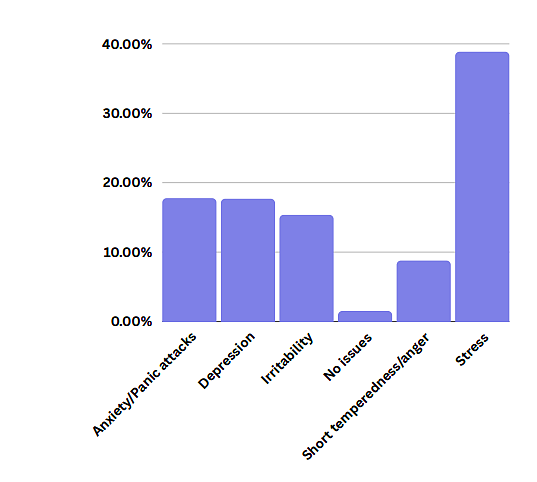“43 percent cab drivers, working with cab-hailing apps such as Uber and Ola, earn below Rs 500 per day (after deducting cost of fuel, food, etc.), and 72 percent drivers were not able to meet their monthly expenses with their earnings,” a survey, released on Monday, 11 March has shown.
The survey was conducted by PAIGAM (People’s Association in Grassroots Action and Movements) with the help of IFAT (Indian Federation of App-based Transport Workers) and captured trends of earnings and working conditions of app-based workers – cab drivers as well as delivery persons.
Over 5,300 cab drivers and over 5,000 delivery persons across eight cities – Delhi, Lucknow, Jaipur, Indore, Mumbai, Bengaluru, Kolkata and Hyderabad – were interviewed for the survey.
The data pointed out that 32 percent (or one in three) delivery persons, working with apps that deliver groceries, earn Rs 200-400 daily. Another 30 percent delivery persons earn Rs 400-600 daily, but 76 percent of these workers faced challenges in meeting their monthly expenses.
The survey also pointed at how app-based workers spend long hours on the road, face violence at work and are riddled with physical and mental health issues. Here are key findings from the survey:
'Majority Cab Drivers Work More Than 10 Hours Daily, 30% Complain of High Commission'
Of the 5,308 cab drivers surveyed, 83 percent said that they worked for more than ten hours in a day, while a glaring 31 percent drivers work for longer than 14 hours a day. 40.7 percent of these drivers said they couldn’t afford to take a single day off in a week.
Upon checking the social category of the cab drivers, it was observed that over 60 percent of those belonging to the Scheduled Caste and Scheduled Tribe communities worked for longer than 14 hours as against 16 percent belonging to the General category.
“This indicated that respondents from the marginalised sections have higher burdens and responsibilities, leading to their self-exploitation,” the report said.
One in three cab drivers also complained of ride-hailing aggregators taking 31-40 percent as commission per ride. Meanwhile, two of three drivers lamented that that they faced either “unexplained” and “arbitrary” deductions due to skewed app algorithms.
Majority Delivery Persons Find 10-Minute Instant Delivery ‘Completely Unacceptable’
Similar trends emerged among delivery persons, with 75 percent (or every three in four) saying that they worked more than 10 hours a day. Nearly half (48.24 percent) of the 5,028 delivery persons surveyed said they couldn’t afford to take even a single day off during the week.
According to the report, 34.4 percent of the delivery persons earn less than Rs 10,000 a month after deducting all their monthly expenses (maintenance, EMIs, challans etc.).
A whopping 85.9 percent of the delivery persons said that the new policy of 10 minute-instant deliveries was completely unacceptable to them.
Nearly half (47.8 percent) of them lamented that they did not receive any minimum guarantee or incentive on completing certain targets in a day.
Over 40% App-Based Workers Face Violence at Work, 90% Suffer from Poor Mental Health
Data pointed out that 47.1 percent (nearly half) of cab drivers working with ride-haling apps faced violence at work. 83 percent of the drivers said that they were negatively affected by the issue of ID blocking, where a driver loses access to his/her account temporarily due to safety or risk-related reasons flagged by the customer.
A whopping 99.3 percent cab drivers complained of suffering from physical ailments such as headaches, joint pains, pains in the legs, feet and back, blood pressure problems, etc. Besides, 98.5 percent of the drivers suffered from mental health-related issues such as anxiety, stress, depression, anger, irritability, etc.
41.5 percent of the delivery persons too faced violence at work, and 64.3 percent complained of not getting any support from aggregator companies when faced with violence. 87 percent of delivery persons too reported being affected negatively by the issue of ID blocking and deactivation in some way or the other.
Need for Strong Law and Implementation of Social Security Norms
“When customers pay with digital wallets like Paytm or PhonePe, the company charges around Rs 920 for a 40 km ride. However, if they pay with cash, the charge is only around Rs 615. It's baffling; there's no clarity or consistency in how these charges work.”
“We go to pick up food in a restaurant, but they tell us to wait outside. We miss our own meals to satisfy the hunger of the customers. Forget about offering water, the customers shout at us, make us climb many floors and disallow us from using their lifts! Dog bites are a serious issue in this field!”
These are testimonies of a cab driver working with a ride-hailing app and a delivery person respectively, as mentioned in the report.
After acknowledging the working conditions of app-based workers, the report noted that multiple mechanisms need to be put in place to “increase the wages of the drivers and eliminate the precarity that they face.”
For this, the report made the following recommendations:
Gig and platform workers to be treated as employees and assured at least equivalent of minimum wage for skilled workers, for all logged in time including idle time and waiting time.
Standardise commission rates per delivery.
Mandatory registration for all the app-based workers in the government records.
Transparency in app functioning, algorithms, incentive systems and payment mechanisms.
Discontinue 10-minute delivery policy with immediate effect.
Stop ID deactivation without proper justification and hearing workers’ perspective.
Cap maximum number of working hours.
Stop discrimination of delivery persons in restaurants, gated communities and allow access to elevators and restrooms.
(At The Quint, we question everything. Play an active role in shaping our journalism by becoming a member today.)


